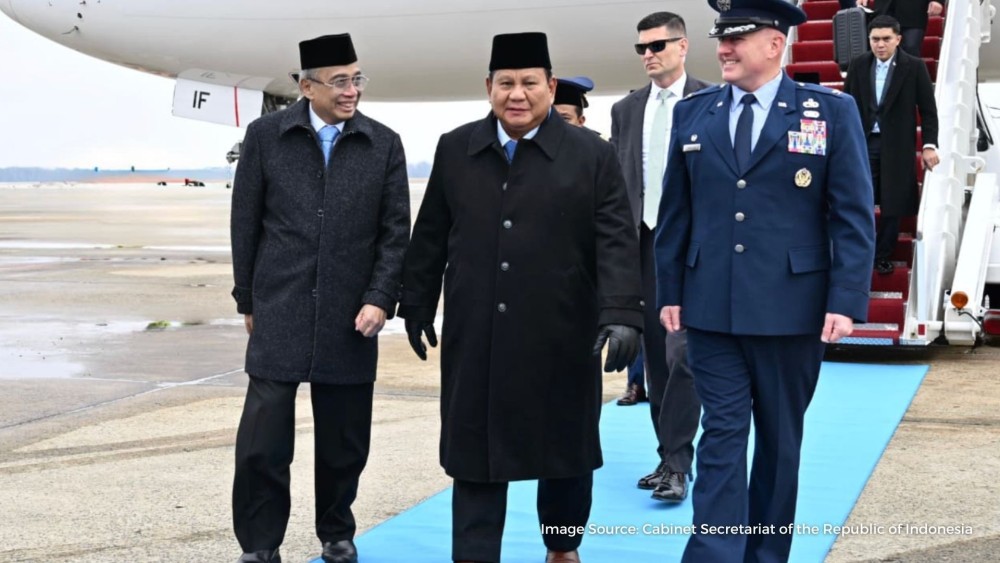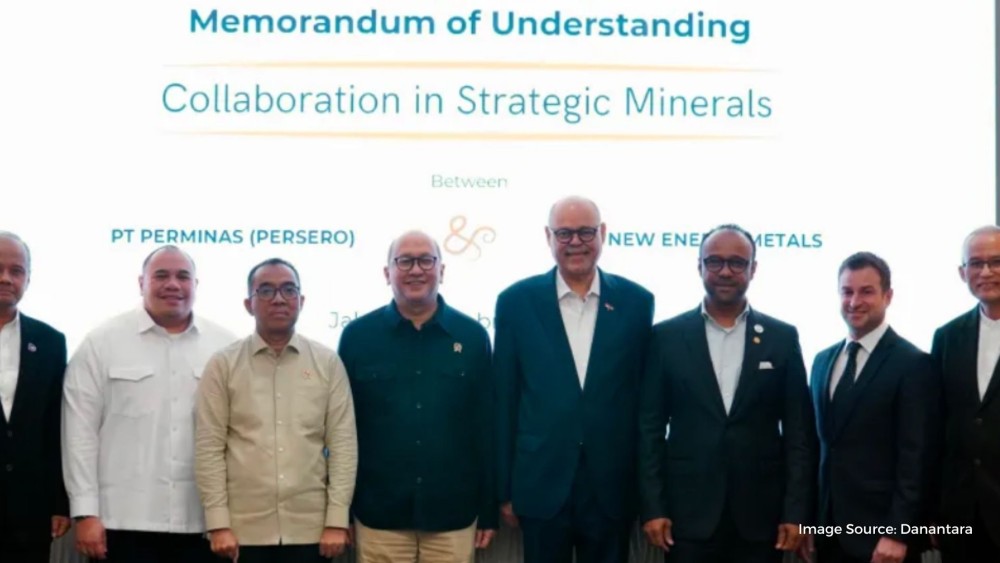Prabowo Approves 12% VAT Effective January 1, 2025, Limited to Luxury Goods
05 Dec 2024

Representatives from the Indonesian House of Representatives (DPR) met with President Prabowo Subianto to discuss the implementation of the 12% Value-Added Tax (VAT), which has been decided to take effect selectively starting January 1, 2025.
Deputy Speaker of the DPR, Sufmi Dasco Ahmad, stated that the 12% VAT would be applied selectively in 2025, targeting only domestically produced and imported goods categorized as luxury items.
“The 12% VAT will only apply to luxury goods, so it will be implemented selectively,” Sufmi Dasco said in a press statement at the Presidential Office in Jakarta on Thursday, December 5.
A special meeting with the DPR’s Commission XI, which oversees finance, national development planning, monetary policy, and the financial services sector, concluded that the 12% VAT implementation will proceed as stipulated in the existing law, effective January 1, 2025.
Sufmi Dasco clarified that luxury goods referred to include commodities such as high-end apartments, luxury homes, and luxury cars.
General Public to Remain at 11% VAT
Chairman of DPR’s Commission XI, Mukhamad Misbakhun, assured that the 12% VAT mechanism will not target commodities directly related to the basic needs of the general public.
“The government is only imposing this tax burden on consumers purchasing luxury goods. The general public will continue to be subject to the current 11% VAT rate,” Misbakhun said.
In addition to basic needs, healthcare services, educational services, and government services for the public will also not be subject to the 12% VAT rate next year. Meanwhile, the general public will adhere to the current 11% VAT rate, which has been in effect since April 1, 2022.
Misbakhun urged the public not to worry about the 12% VAT affecting daily necessities, emphasizing that the tax will only apply to luxury goods buyers.
“The public need not worry because essential goods, educational services, healthcare services, banking services related to public services, and government services are not subject to VAT. This is what we conveyed to the President,” he said.
Original article here
This article is published in partnership with Katadata








